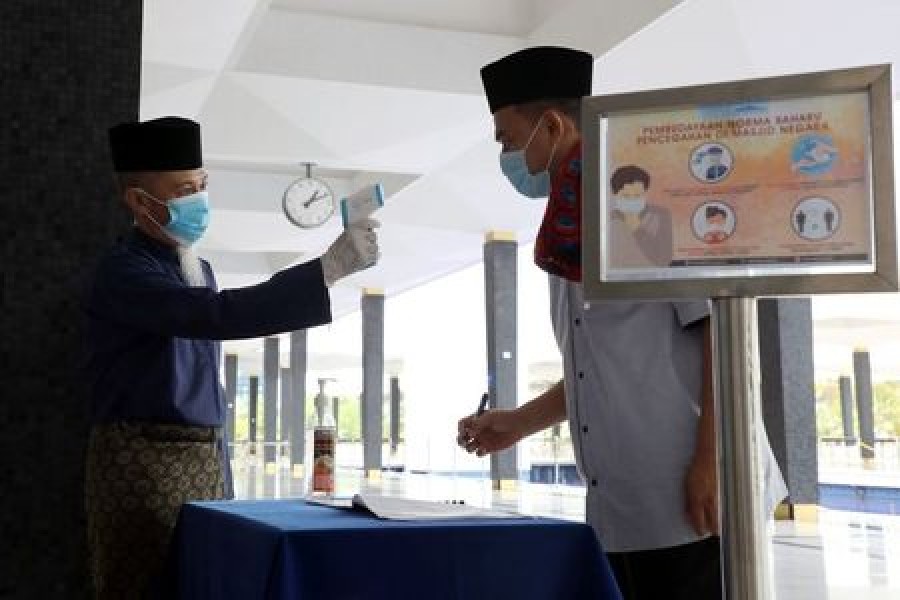Malaysian doctor Muhammad Syahidd Al-Hatim was used to being away from his family on Eid al-Fitr, having spent the past two years celebrating the end of the holy Ramadan fasting month at Kuala Lumpur Hospital where he works.
But this year, the 26-year-old said, Eid has become a more sombre affair for the hospital's many Muslim staff, amid a pandemic that has so far seen over 7,000 people in the country infected with the coronavirus, including 115 who have died of COVID-19.
"It’s sad because some of my friends - the staff nurses, some of the senior doctors - they don’t come from KL itself," Muhammad Syahidd told Reuters, referring to Kuala Lumpur, Malaysia's capital.
"Usually, they would go back (to their hometowns) to spend time with their families, and they're not getting the chance to do that. So yeah, it brings a sad mood to the working area."
Muslim-majority Malaysia has imposed widespread restrictions on movement since mid-March in a bid to stem the virus outbreak.
Although some curbs were eased this month, interstate travel for non-essential reasons is still banned, with many people unable to return to their hometowns during the holiday season.
Muhammad Syahidd, who works in the emergency ward, was on duty again on Sunday, the first day of Eid, amid concerns that the holiday will lead to a surge in coronavirus infections, as more people risked violating lockdown measures to visit relatives.
The junior doctor, who lives with his parents, has been tested and quarantined twice after coming into close contact with patients suspected to have been infected with the virus.
"I’m attending to patients here," he said. "Then I bring back the sickness to my parents - that’s the only thing that I’m scared of."
The pandemic, however, has brought the hospital staff closer, with non-Muslim workers often covering for Muslim staff breaking fast at sunset during Ramadan, Muhammad Syahidd said.
"We take care of each other a lot," he said.


